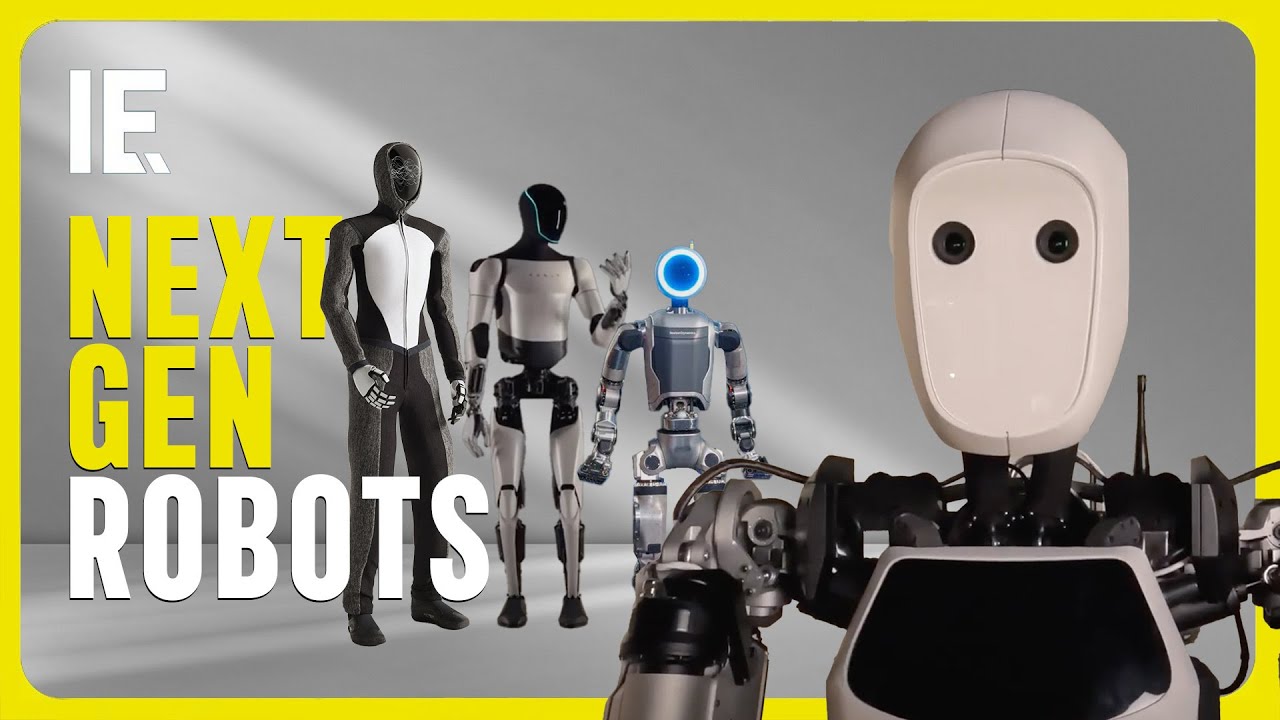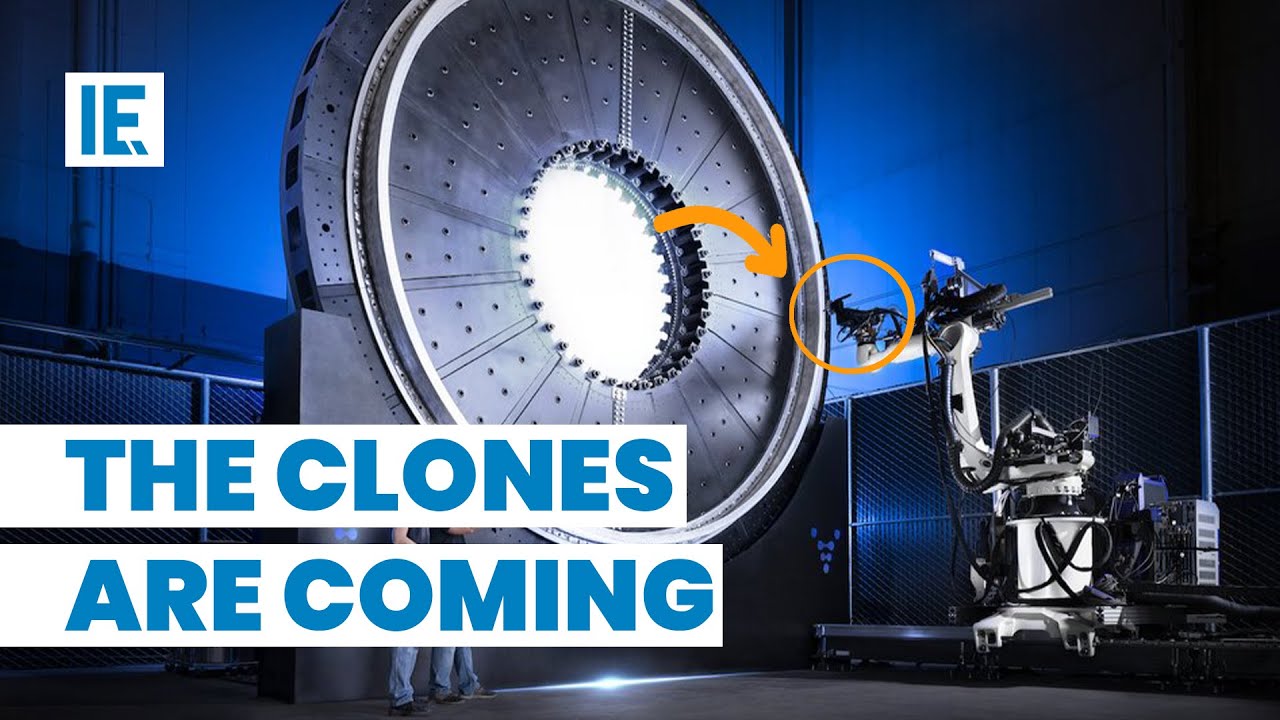NEWS FEEDS
Select a tab to change feeds.
- Science Daily
- Interesting Engineering
An artificial intelligence (AI) model improved outcomes in hospitalized patients by quadrupling the rate of detection and treatment of delirium. The model identifies patients at high risk for delirium and alerts a specially-trained team to assess the patient and create a treatment plan, if needed.
Computer scientists have developed a new AI text-to-video model that learns real-world physics knowledge from time-lapse videos.
Researchers made a technique that improves the trustworthiness of machine-learning models, which could help improve the accuracy and reliability of AI predictions for high-stakes settings such health care.
Researchers have developed a data-driven AI framework that gives scientists a head start by suggesting ideal candidate materials.
Scientists usually use a hypergraph model to predict dynamic behaviors. But the opposite problem is interesting, too. What if researchers can observe the dynamics but don't have access to a reliable model? Scientists now have an answer. They describe a novel algorithm that can infer the structure of a hypergraph using only the observed dynamics.
To provide the right treatment for MS, it is important to know when the disease changes from relapsing-remitting to secondary progressive, a transition that is currently recognized on average three years too late. Researchers have now developed an AI model that can determine with 90 per cent certainty which variant the patient has.
Large language models (LLMs) are at the forefront of artificial intelligence (AI) and have been widely used for conversational interactions. However, assessing the personality of a given LLM remains a significant challenge. A research team has now developed an AI-driven assessment system, the Language Model Linguistic Personality Assessment (LMLPA), with capabilities to quantitatively measure the personality traits of LLMs through linguistic analysis.
New research demonstrates how mathematical modeling can predict outbreaks of toxic fungi in Texas corn crops -- offering a potential lifeline to farmers facing billions in harvest losses.
Innovative statistical method helps determine ideal threshold times in restricted mean survival time analyses.
Researchers developed a more efficient way to control the outputs of a large language model, guiding it to generate text that adheres to a certain structure, like a programming language, and remains error free.
- Jijo Malayil

A Houston-based robotics company is set to deliver a humanoid robotic worker to South Korea...









